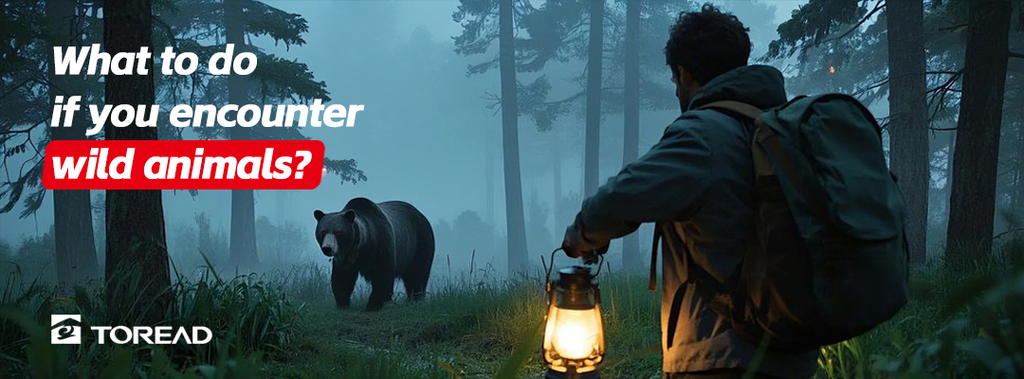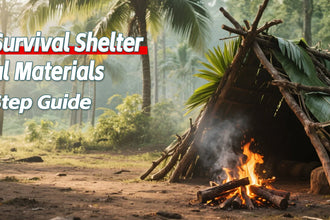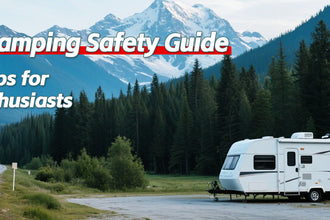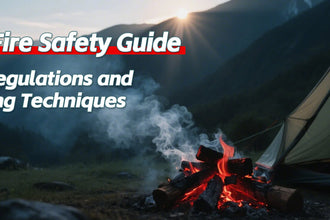

Encountering wildlife in the outdoors can be a thrilling experience, but it's important to take the necessary precautions to ensure both your safety and the well-being of the animals.
-
Research Local Wildlife:
Before heading out, learn about the local wildlife, especially those that are potentially dangerous, such as bears, wolves, and wild boars. Understanding their habits and habitats can help you avoid areas where they are likely to be found.
-
Choose Safe Camping Sites:
Select campsites that are away from wildlife trails and feeding areas. Avoid camping near water sources, as these are common spots for wildlife activity.
-
Store Food Properly:
Keep food in sealed containers and store it away from your sleeping area. Use bear-resistant containers if you are in bear country. This helps to avoid attracting animals to your campsite.
-
Make Noise:
In areas known for wildlife, make noise while hiking to alert animals to your presence. This can help prevent surprising them, which may lead to an attack.
Handling Encounters
-
Stay Calm:
If you encounter a wild animal, remain calm and avoid sudden movements. Do not turn your back or run, as this may trigger a chase response.
-
Maintain Distance:
Keep a safe distance from the animal. Slowly back away without turning your back. Avoid direct eye contact, as this can be perceived as a threat.
-
Use Deterrents:
If the animal approaches, use deterrents such as bear spray, a loud noise, or a bright light to scare it away.
-
Protect Yourself:
If an attack seems imminent, protect your vital organs. In the case of a bear attack, playing dead may be an option, but this depends on the type of bear and the nature of the attack.
-
Seek Help:
If you are injured or feel threatened, seek help immediately. Contact local authorities or park rangers if possible.
Specific Animals
-
Bears: If you encounter a bear, speak in a calm, assertive voice and slowly back away. If the bear charges, stand your ground and use bear spray.
-
Wolves: Wolves are generally more afraid of humans than humans are of them. However, if you are followed by a wolf, do not run. Use noise and fire to deter them.
-
Snakes: If you encounter a snake, give it a wide berth. Most snakes are not aggressive and will only bite if they feel threatened.












